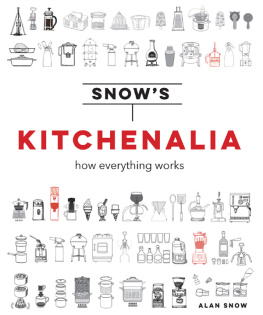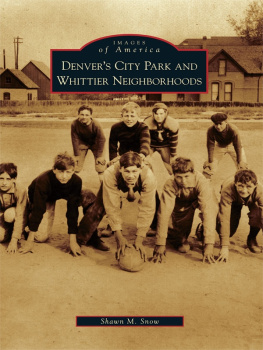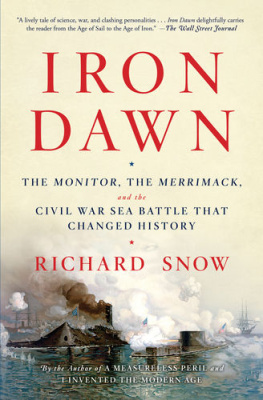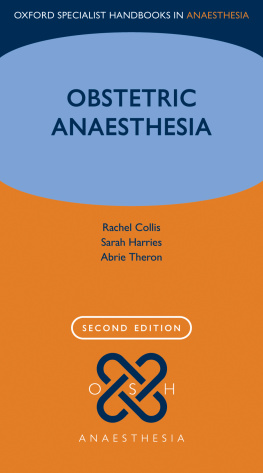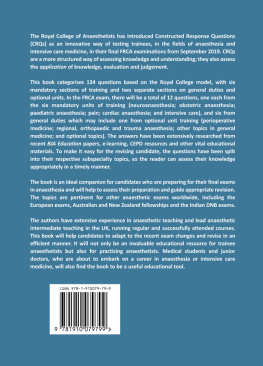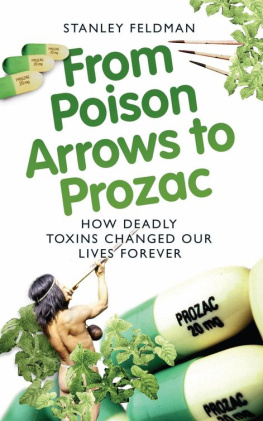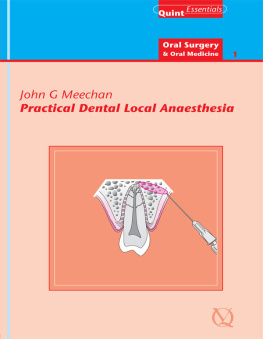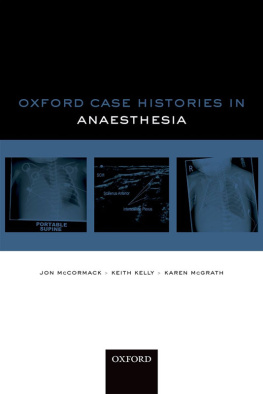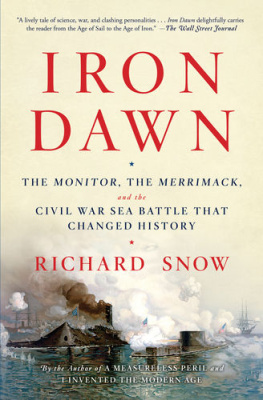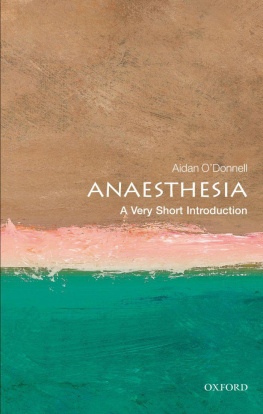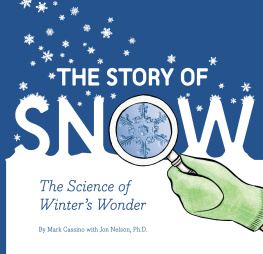Snow - Blessed days of anaesthesia: how anaesthetics changed the world
Here you can read online Snow - Blessed days of anaesthesia: how anaesthetics changed the world full text of the book (entire story) in english for free. Download pdf and epub, get meaning, cover and reviews about this ebook. City: New York;Oxford, year: 2009;2012, publisher: Oxford University Press, genre: Science. Description of the work, (preface) as well as reviews are available. Best literature library LitArk.com created for fans of good reading and offers a wide selection of genres:
Romance novel
Science fiction
Adventure
Detective
Science
History
Home and family
Prose
Art
Politics
Computer
Non-fiction
Religion
Business
Children
Humor
Choose a favorite category and find really read worthwhile books. Enjoy immersion in the world of imagination, feel the emotions of the characters or learn something new for yourself, make an fascinating discovery.

- Book:Blessed days of anaesthesia: how anaesthetics changed the world
- Author:
- Publisher:Oxford University Press
- Genre:
- Year:2009;2012
- City:New York;Oxford
- Rating:3 / 5
- Favourites:Add to favourites
- Your mark:
- 60
- 1
- 2
- 3
- 4
- 5
Blessed days of anaesthesia: how anaesthetics changed the world: summary, description and annotation
We offer to read an annotation, description, summary or preface (depends on what the author of the book "Blessed days of anaesthesia: how anaesthetics changed the world" wrote himself). If you haven't found the necessary information about the book — write in the comments, we will try to find it.
Snow: author's other books
Who wrote Blessed days of anaesthesia: how anaesthetics changed the world? Find out the surname, the name of the author of the book and a list of all author's works by series.
Blessed days of anaesthesia: how anaesthetics changed the world — read online for free the complete book (whole text) full work
Below is the text of the book, divided by pages. System saving the place of the last page read, allows you to conveniently read the book "Blessed days of anaesthesia: how anaesthetics changed the world" online for free, without having to search again every time where you left off. Put a bookmark, and you can go to the page where you finished reading at any time.
Font size:
Interval:
Bookmark:
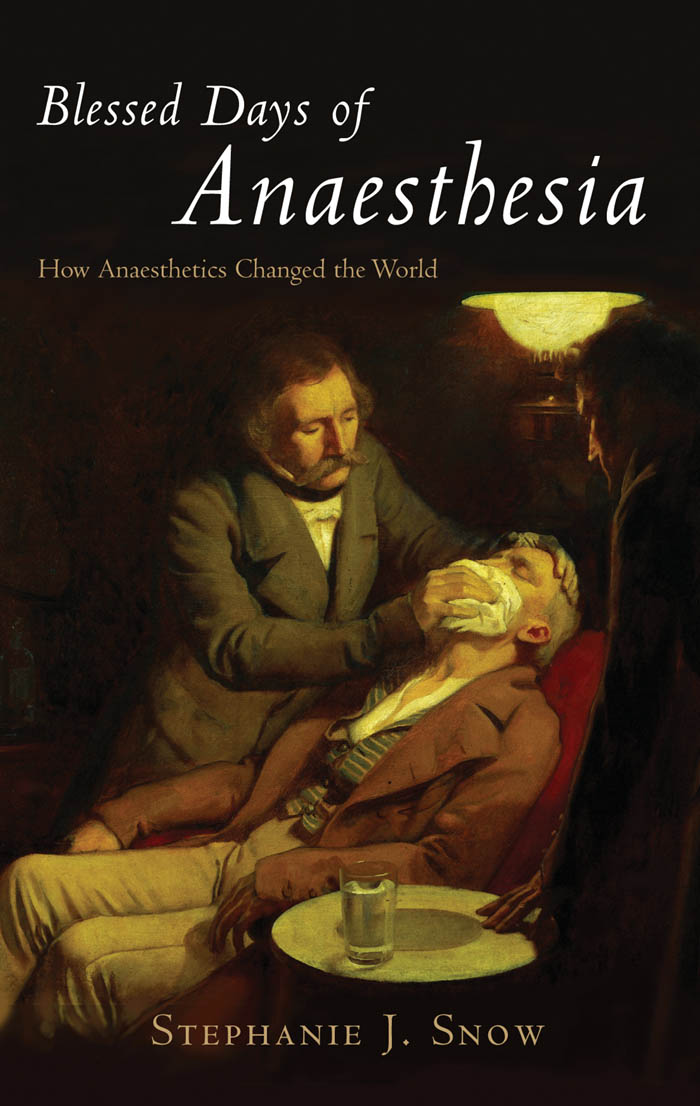

OXFORD
UNIVERSITY PRESS
Great Clarendon Street, Oxford ox2 6DP
Oxford University Press is a department of the University of Oxford. It furthers the Universitys objective of excellence in research, scholarship, and education by publishing worldwide in Oxford New York Auckland Cape Town Dar es Salaam Hong Kong Karachi Kuala Lumpur Madrid Melbourne Mexico City Nairobi New Delhi Shanghai Taipei Toronto With offices in
Argentina Austria Brazil Chile Czech Republic France Greece Guatemala Hungary Italy Japan Poland Portugal Singapore South Korea Switzerland Thailand Turkey Ukraine Vietnam Oxford is a registered trade mark of Oxford University Press in the UK and in certain other countries
Published in the United States by Oxford University Press Inc., New York
Stephanie Snow, 2008
The moral rights of the author have been asserted
Database right Oxford University Press (maker)
First published 2008
All rights reserved. No part of this publication maybe reproduced, stored in a retrieval system, or transmitted, in any form or by any means, without the prior permission in writing of Oxford University Press, or as expressly permitted by law,or under terms agreed with the appropriate reprographics rights organization. Enquiries concerning reproduction outside the scope of the above should be sent to the Rights Department, Oxford University Press, at the address above
You must not circulate this book in any other binding or cover and you must impose the same condition on anyacquirer
British Library Cataloguing in Publication Data Data available
Library of Congress Cataloging in Publication Data Data available
Printed in Great Britain on acid-free paper by Clays Ltd, St Ives plc
ISBN 978-0-19-280586-7
1 35 79 10 8642
For DGmy greatest blessing
ACKNOWLEDGEMENTS
This book is a further fruit of a project generously supported by a Research Fellowship from the Wellcome Trust for the History of Medicine, undertaken at the Centre for the History of Science, Technology, and Medicine at the University of Manchester. Many institutions have provided invaluable help over the years and I particularly thank staff of the Wellcome Institute for the History of Medicine, the Royal College of Surgeons of England, the British Medical Association, the Royal Society of Medicine, St Georges Hospital, St Bartholomews Hospital, Kings College Hospital, the London Hospital, the Royal Free Hospital, the London Metropolitan Archives, Westminster Medical Society, Edinburgh Public Record Office, Glaxo Wellcome, the History of Anaesthesia Society, the John Rylands University Library, and the Liverpool Medical Institute. Sources that I particularly drew on in the preparation of this book are mentioned in Further Reading but I am in debt to many more historians of medicine and other scholars whose work and ideas have sustained my own. I am particularly grateful to Lucy Bending for discussions on ideas of pain in the nineteenth century; Peter Drury for advice on aspects of twentieth-century anaesthesia; Charles Suckling for sharing his memories of the discovery of halothane; and David Watts for giving permission to reprint his poem Starting the IV: Anesthesia. My thanks to those who have read parts, or all of this book, and whose thoughts and helpful criticisms have improved its clarity and accuracy: Emm Barnes, Peter Drury, John Pickstone, Charles Suckling, and Meriel Underwood. Special thanks go to Emm Barnes for timely and sustaining support. I am grateful to my editors at Oxford University Press: Marsha Filion, whose enthusiasm for the project started the ball rolling; and Latha Menon and James Thompson, whose well-judged nudges kept it going. Finally, but most importantly, I thank my family, especially Evie, Verity, and Gwyn, who have tolerated the writing process with cheerful forbearance.
Stephanie J. Snow
Erway Hall
December 2007
LIST OF ILLUSTRATIONS
PREFACE
Pain is a universal experience. Few readers of these pages can have escaped the discomfort of headaches, toothaches, or indeed the debilitating pain of chronic conditions such as arthritis or backache. In the Western world we have easy access to a wide range of analgesics and anaesthetics. Some conditions remain impervious to treatment but most sufferers will find relief of some sort. Certainly no patient will have to undergo a surgical operation without anaesthesia, nor women face childbirth without the option of pain relief. Medical schools teach students that alleviating physical pain is central to all specialties and there is an enormous amount of evidencebased literature which shows the benefits of different therapies.
Our understandings of pain are very different to those which dominated medicine before the introduction of anaesthesia in the 1840s. Then, although practitioners had always sought to alleviate suffering, pain was widely thought to be of physiological and moral value. In surgery, pain was the stimulant that preserved life in the body during the stress of an operation. Understandings of pain had begun to change in the eighteenth century, but the pain of operations seemed intransigent until the discovery of anaesthesia. We might imagine that soon after William Morton demonstrated the anaesthetic properties of ether in Massachusetts General Hospital in October 1846, every patient subsequently undergoing an operation received pain relief. But this was not so: the introduction of anaesthesia was controversial. In Britain, from December 1846 until at least the 1860s, anaesthesia was a selective practice: many patients continued to endure pain and suffering during operations.
Font size:
Interval:
Bookmark:
Similar books «Blessed days of anaesthesia: how anaesthetics changed the world»
Look at similar books to Blessed days of anaesthesia: how anaesthetics changed the world. We have selected literature similar in name and meaning in the hope of providing readers with more options to find new, interesting, not yet read works.
Discussion, reviews of the book Blessed days of anaesthesia: how anaesthetics changed the world and just readers' own opinions. Leave your comments, write what you think about the work, its meaning or the main characters. Specify what exactly you liked and what you didn't like, and why you think so.


